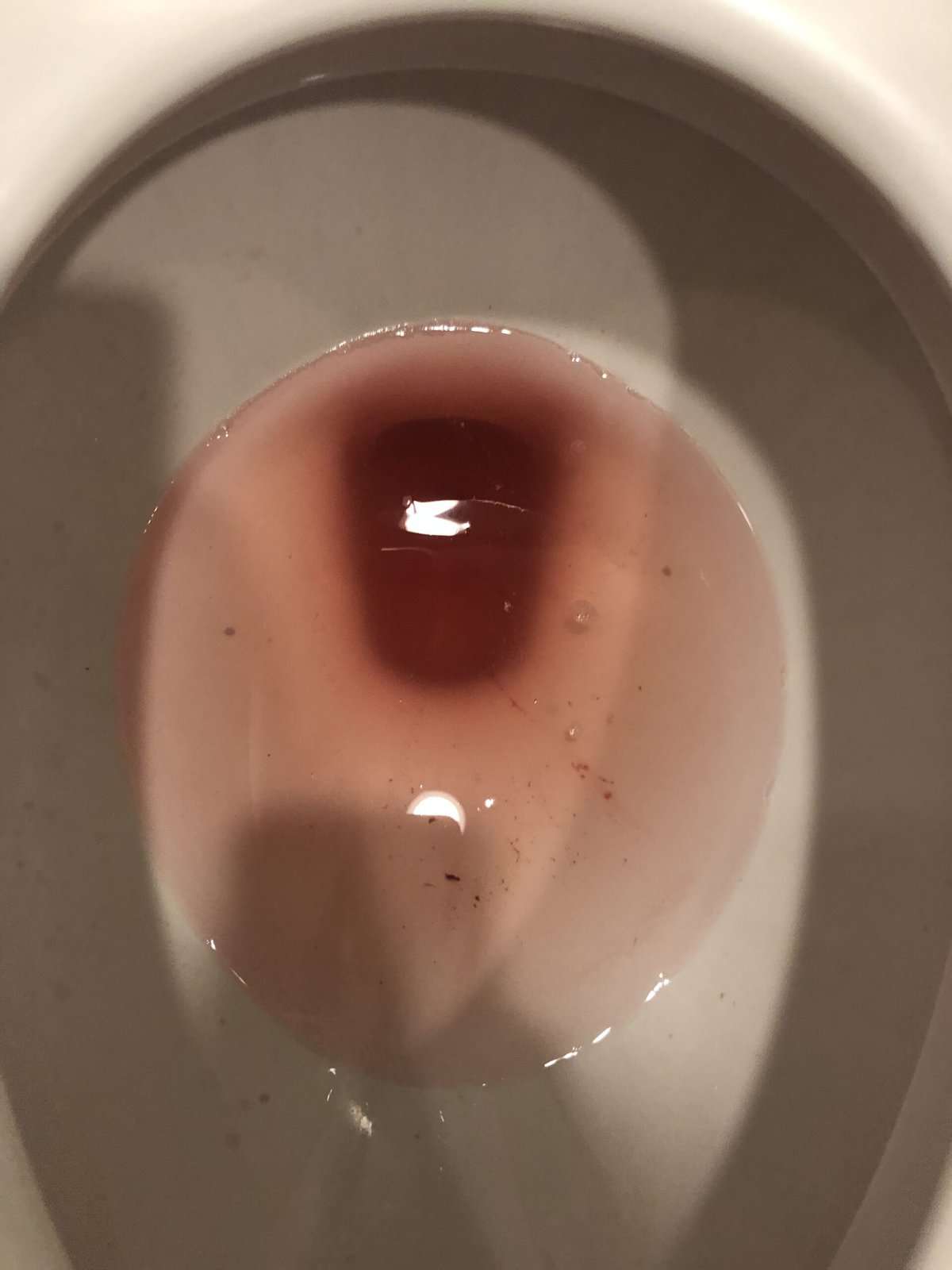Understanding Spotting at 11 Weeks Pregnant: A Helpful Guide for Parents-to-Be
Hey there, amazing parents-to-be! ? Pregnancy is a rollercoaster of emotions and experiences, isn’t it? One moment you’re over the moon with excitement, and the next, you might be biting your nails with worry, especially if you encounter spotting. But fear not, as you’ve stumbled upon your cheerful guide to understanding spotting at 11 weeks pregnant!
What is Spotting and Why Does it Happen?
First off, let’s break down what spotting actually is. Spotting is light bleeding that can occur at any time during your pregnancy. It’s much lighter than a regular period and can vary in color from pink to red, or even brown. At 11 weeks, your body is a bustling hub of activity, and spotting can be one of the ways your body says, “Hey, notice me!” But don’t worry, it often comes with a perfectly normal explanation.
Common Causes of Spotting in the Second Trimester
Now, let’s talk about the common reasons why you might experience spotting during this time:
- Hormonal changes: Your hormones are doing the tango, and sometimes that can lead to light bleeding.
- Cervical changes: Your cervix is super sensitive right now (hi there, increased blood flow!), so even a routine exam or some amorous activities with your partner could result in a bit of spotting.
- Subchorionic hemorrhage: This might sound a tad scary, but it’s a common cause of bleeding, often resolving on its own without impacting the pregnancy.
When Should You Worry?
However, like a good friend, I’m here to tell you when you might want to give your healthcare provider a nudge:
- If the spotting is accompanied by pain, cramping, or if it intensifies.
- If you’re soaking through one or more pads an hour.
- Spotting that persists for several days or is recurrent.
These symptoms don’t necessarily mean something’s amiss, but it’s always best to play it safe and chat with your doctor.
Differentiating Between Spotting and Bleeding
It’s also important to differentiate spotting from bleeding. Spotting is usually lighter and won’t fill a pad, whereas bleeding is heavier, similar to a menstrual period. Keeping track of what you’re experiencing will be super handy when discussing your symptoms with your healthcare provider.
Managing Your Anxiety Around Spotting
Seeing spots when you’re not expecting them can be anxiety-inducing. Here are a few tips to manage those feelings:
- Take a deep breath and know that spotting can be quite common.
- Stay off Google! Yep, I said it. Dr. Internet can sometimes lead you down a rabbit hole of panic, and we don’t want that!
- Describe your symptoms in a journal or app to accurately report them to your doctor.
- Rest when you need to, stay hydrated, and prioritize your well-being.
Caring for Yourself After Spotting
After noticing some spotting, give yourself the opportunity to rest and relax. Your body is working hard growing a tiny human, and sometimes that means you need to hit the pause button on your busy life and focus on self-care. Listen to your body – it’s the best guide you have right now.
Conclusion
Remember, spotting at 11 weeks pregnant is often not a cause for alarm, but it’s always good to err on the side of caution and talk with your healthcare provider. Keep an eye on the pattern and amount of spotting, and make sure to care for your emotional and physical health during this time. Stay sunny and keep nesting, because you’ve got this! ?
Your journey through pregnancy is unique, filled with its own stories and milestones. Spotting might just be one of the many chapters in your incredible story. So, while it may seem like a worrying event, remember that it’s often just a small blip on the radar of your pregnancy journey. Keep smiling, and let’s navigate this special time together with positivity and empowerment.
Keep tuned for more helpful insights and remember, whether it’s a sprinkle of spotting or just another question on your mind, I’m here to help you through every step of your pregnancy journey. Take care, lovely soon-to-be moms and dads! ?

Understanding Spotting at 11 Weeks Pregnant: A Comprehensive Guide for Expecting Parents
Hello there, wondrous soon-to-be parents! Experiencing spotting during pregnancy can sometimes feel like an unexpected curveball, right? Well, let’s talk about the ins and outs of spotting at 11 weeks pregnant and equip you with the knowledge and peace of mind you deserve during this fantastic journey!
What is Spotting and What Causes It?
Spotting is light vaginal bleeding that differs from your regular period. It’s typically minor and can appear in various shades such as pink, red, or brown. Wondering why it happens? Here’s a rundown:
- Hormonal Flux: Those pregnancy hormones are on a wild ride, occasionally leading to spotting.
- Sensitive Cervix: With increased blood flow to the area, your cervix could be more prone to bleeding, particularly after an exam or intimacy.
- Subchorionic Hemorrhage: A tongue-twister for sure, but it’s simply a small bleed between the placenta and the uterine wall that’s usually harmless to your pregnancy.
Spotting vs. Bleeding: What’s the Difference?
Spotting is like a gentle tap on the shoulder, while bleeding is more like a knock at the door. Spotting doesn’t saturate a pad and is lighter in flow, but if you’re experiencing heavier, period-like bleeding, it’s time to consult your healthcare provider without delay.
Top 5 Things Parents Should Know About Spotting
- It’s Not Always Serious: Light spotting can be a normal part of early pregnancy, but tracking the frequency and amount is key to understanding your unique situation.
- Know When to Seek Medical Advice: Persistent spotting, especially with pain or cramping, warrants a call to your doctor. Being proactive is always smart.
- Stress Less: Easier said than done, but stress can affect both you and your baby. Deep breaths and mindfulness can help keep anxiety at bay.
- Avoid Dr. Google: While tempting, internet searches can often lead to more worry. Trust your doctor’s expertise over the web’s wide world of speculation.
- Self-Care is Crucial: After spotting, take time to nurture yourself and prioritize rest. Your body is doing important work, and sometimes it needs a lil’ TLC.
How to Handle Spotting
Spotting can induce a whirlwind of emotions, but here are some practical steps to navigate this experience:
- Monitor the spotting and note any patterns or changes.
- Avoid heavy lifting and strenuous exercise as a precaution.
- Keep up with prenatal appointments for regular check-ups.
- Stay well-hydrated and maintain a balanced diet for overall health.
- Communicate with your partner or support system — you’re not alone!
Closing Thoughts
Spotting during the 11th week of pregnancy can be a common phenomenon, but it’s pivotal to stay informed and vigilant. Understanding the potential causes and knowing when to seek care can alleviate concerns and ensure both you and your baby’s well-being. Make sure to have open conversations with your healthcare provider and keep a positive, proactive approach to your pregnancy’s health. Maintain that glowing optimism you have, and keep cherishing every step of your parenthood adventure. Here’s to enjoying a happy, healthy pregnancy – you’re doing great!
See more great Things to Do with Kids in New Zealand here. For more information see here
Disclaimer
The articles available via our website provide general information only and we strongly urge readers to exercise caution and conduct their own thorough research and fact-checking. The information presented should not be taken as absolute truth, and, to the maximum extent permitted by law, we will not be held liable for any inaccuracies or errors in the content. It is essential for individuals to independently verify and validate the information before making any decisions or taking any actions based on the articles.




